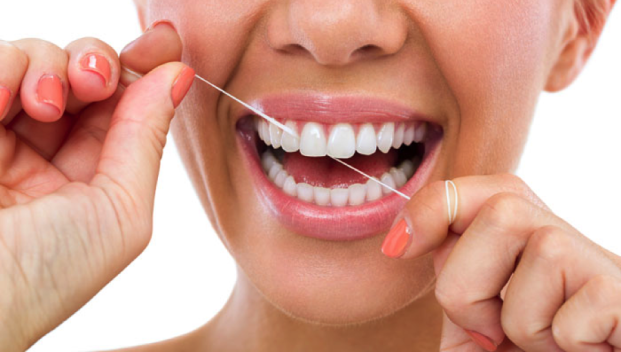
Uncategorized
Do I really need to floss every day? Probably.
For years dentists have shamed us for not flossing. So when the news broke last week that the ... Read more

For years dentists have shamed us for not flossing. So when the news broke last week that the ... Read more
By Dr. Ted HankesSpecial to The North Jefferson NewsRecently I was asked what was the most common health ... Read more